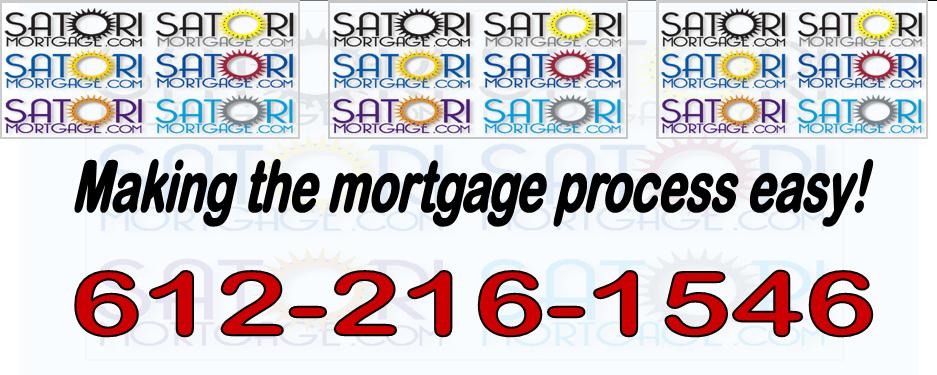This is my personal theory on why it’s not always the best choice for your financial future to buy the biggest home you can afford. I started to think about this during the housing boom when a close friend of mine decided to go against the grain and purchase a bigger house than I thought he should.
I told him, “…if you run the numbers it doesn’t make sense.” There are factors that make this theory invalid such as number of kids and personal needs but, keep this in mind, math does not lie…sales people do!
Let’s look at some numbers,
In this example, I’m going to compare a $225,000 home versus a $325,000 home, using a 6% interest rate over 30 years.
Monthly payments:
$225,000 mortgage @ 6% = $1,348.99 monthly payment
$325,000 mortgage @ 6% = $1,948.54 monthly payment
These simply reflect the Principle and Interest payments that will be made on a monthly basis, for 30 years.
Total Interest Paid over 30 years:
$225,000 @ 6% = $260,635.93
$325,000 @ 6% = $376,474.11
T
his figure will be paid as long as you hold the debt and make regularly scheduled payments every month. A lot of people don’t take the time to learn how much is actually paid for a home when making monthly payments. But, as with all things there is generally a risk-reward relationship and in this case, the risk is the set amount of interest you pay over the loan term, and the reward is the growth in value of the home (Appreciation)
Let’s say these homes were financed at 100% and there was no starting equity in the home, if we assume 3% appreciation over 3 years, we would have gained the following amounts of equity:
$225,000 x 3% = $20,863.58 in equity at the end of the 3rd year
$325,000 x 3% = $30,136.28 in equity at the end of the 3rd year
This figure is looking at the appreciation of your property assuming that home values go up in the future. Most people think that the bigger the house, the more money they will make. It’s just like a savings account, the more you have in the account, the more money you make. This is the argument many people have always had against the theory of the big house myth.
Well, those people are half right. Looking at our example, you will see that 325k house will make $9,272.70 more than the 225k home over the three years. That’s true but, most people forget that the bigger the debt, the more interest you will pay. Even if the interest is tax-advantaged, you will still be paying more on a monthly basis to interest rather than using that money to pay off debt.
Now, let’s look at the numbers behind the mortgage payment:
Interest paid over 3 year period (Total interest paid in payments 1 thru 36)
225k = $13,073.50 interest over the first 3 years
325k = $18,883.94 interest over the first 3 year
On the 325k home will have to pay $5,810.44 more in interest over the first three years. In fact, if you make $9,272.70 more in equity but, have to pay $5,810.44 more in interest that would leave you with merely $3,462.26 more than what you would have made on a 225k home.
So, you’re thinking, “…well at least I’m up 3k on this home, how would it be a bad idea?” People tend to forget about the little things when purchasing a home. The 3k would be wiped out with an increase in property taxes and more costly utilities in a bigger home because, as we all know, the bigger the home the more it costs to keep up.
Let’s take this a step further…Think about this, if you could afford the 325k payment but, only purchased on a 225k loan, then you could afford to pay more on a monthly basis to your mortgage hence, mortgage acceleration.
The payment on the 225k mortgage payment is $599.55 less than the mortgage payment on the 325k home. If you use that extra payment savings and apply it to the 225k mortgage, it would reduce the total interest charges on your loan by 77k and save 73 monthly mortgage payments!! Now, don’t forget that in those three years you paid an additional $21,583.60 to principle, so it would leave with you a savings of 55k in total and that’s only paying extra for the first three years!!!
You think these numbers are mind blowing...The average homeowner does not understand how much money lenders make on mortgages. You see, the mortgage broker makes more, the real estate agent makes more, and the lender makes more the bigger the house you buy. How many sales people (or mortgage brokers for that matter) do you know that encourage you to spend less?
We encourage people to use “smart money”. With the combination of the SWBStm and our top-notch, industry knowledge, we have the ability to show you many ways of paying less to others and more to yourself.
Contact us with any questions regarding your mortgage situation…
